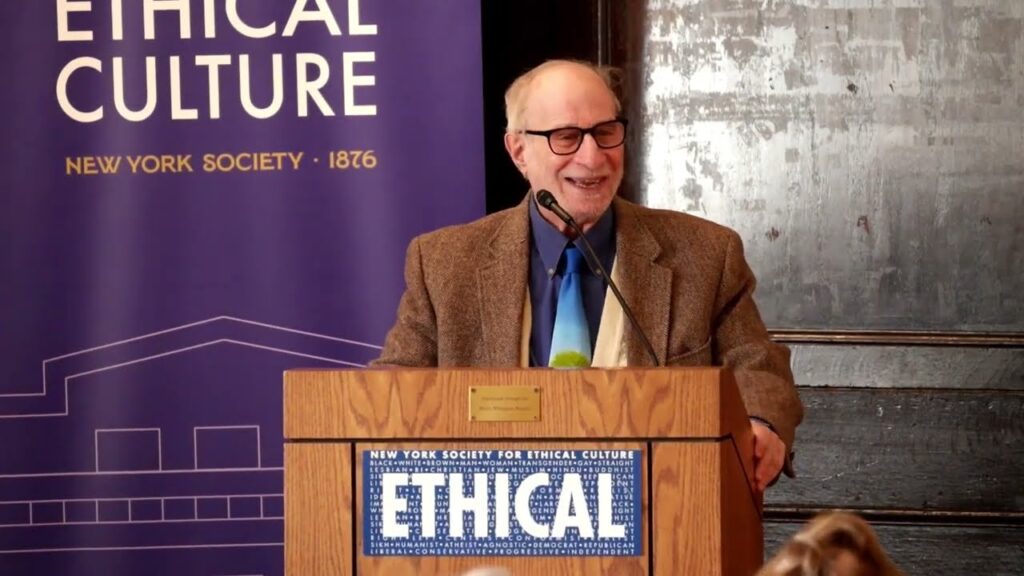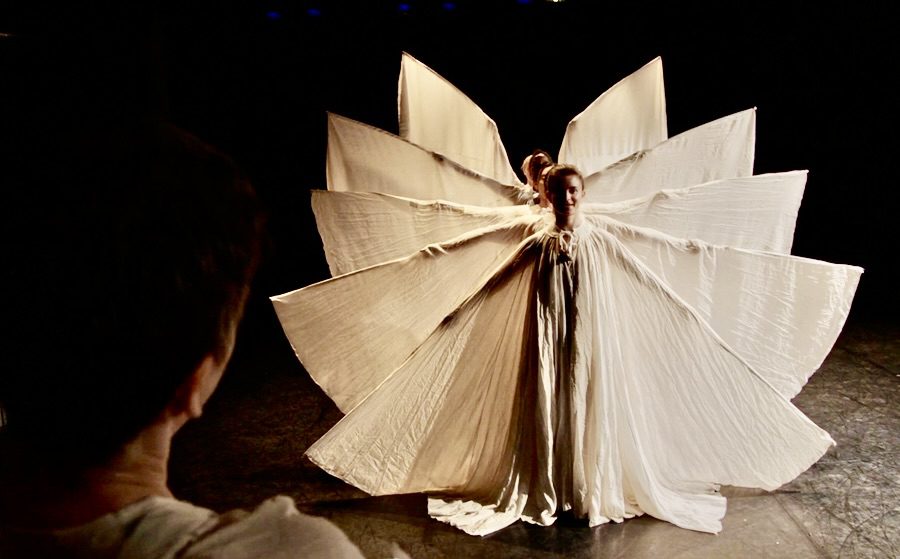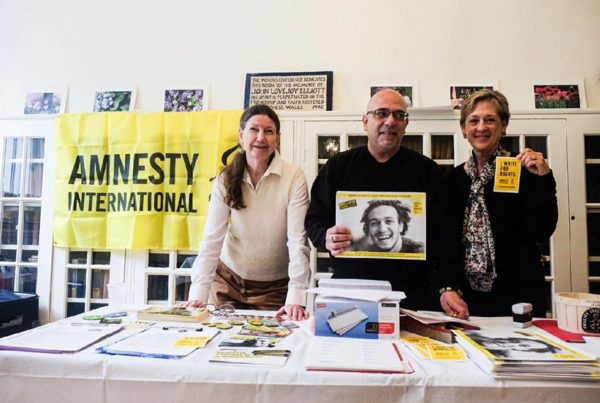Visit our website tonight at 7:30pm for a livestream of the American Slavery Project’s Black Women and The Ballot: Three Audio Dramas About Rebellions Large and Small that Black Women Mounted for The Right to Vote featuring guest star and Tony winner Phylicia Rashad!
This Juneteenth, we’re proud to partner with the American Slavery Project to livestream the latest performance in their popular Black Women and The Ballot series of short plays. Transformed into a trio of radio plays and visuals you can enjoy from home, Black Women and The Ballot highlights rebellions large and small by Black women to progress voting rights. Tune in to the captivating stories of the heroines that made women’s suffrage and the fight for equality possible, including the likes of Edna Brown Coleman, Mary Church Terrell, and Nellie May Quander!
In celebration of Juneteenth, “Black Women and the Ballot” links the legacy of voter suppression, the 1965 Voting Rights Act, and the Black Women Suffragette moment with women who marched in the 1913 Suffragette Procession in D.C. in three shorts plays. ASP adapted the plays to a one-hour streaming radio theatre event with a visual score. The production is followed by a live talk back with the playwright and cast members. The evening dramatizes those who fought for voting rights and who continue to fight against voter suppression.
The plays are:
In The Parlour (written by Judy K. Tate & dir. by Dianne Kirksey-Floyd)
Don’t / Dream (written by Saviana Stanescu & dir. by Judy K. Tate)
Pulling The Lever (written & dir. by Judy K. Tate)
Featuring castmembers Phylicia Rashad, Messeret Stroman Wheeler, Lynnette R. Freeman, Gabrielle Camille Archer, Montana Lampert Hoover, and Celestine Rae.
The American Slavery Project (ASP) is a theatrical response to increasing revisionism in our nation’s discourse about slavery, the Civil War, and Jim Crow. ASP supports African-American playwrights who write about the era, creates conversation in the community, and provides educational workshops for students and adults. ASP is sponsored by the Performance Zone, a not-for-profit organization serving the performing arts community.
Watch the trailer for Black Women and the Ballot:
About Juneteenth
The First Independence Day
Independence Day commemorates the passage of legislation declaring that the 13 American colonies were no longer subject to the rule of Britain and were united, free, and independent states. In 1870 Congress made Independence Day an unpaid holiday for all federal workers, and 1938 made it a paid federal holiday. So, 1776 to 1938 — 162 years.
The Second Independence Day
On January 1, 1863 the Emancipation Proclamation was formally issued. In 1938, the same year that Congress made the 4th of July, Independence Day a national holiday, the governor of Texas declared June 19th Emancipation Day, and in 1980 Texas was the first state to make it an official holiday. To date Juneteenth is observed in 47 of our 50 states, the holdouts being Hawaii and North and South Dakota. Congress passed legislation recognizing Juneteenth Independence Day in 1997. One hundred and fifty-seven years after the Emancipation Proclamation, Congress has has not yet declared Juneteenth a national holiday.
Traditionally, observation of Juneteenth included a public reading of the Emancipation Proclamation, singing songs such as “Swing Low, Sweet Chariot” and “Lift Every Voice and Sing,” reading selections of works by noted black authors — and, most often, voter registration efforts.







